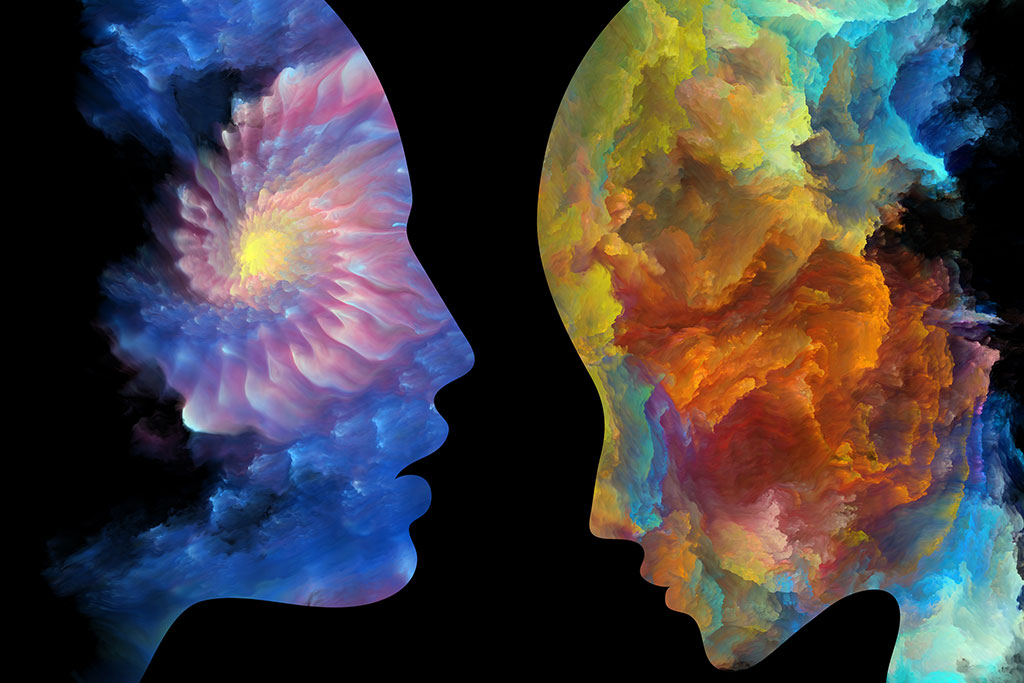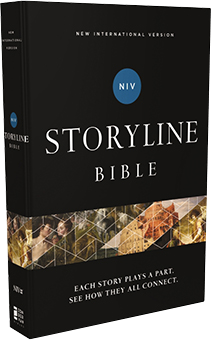
Our Unique Human Identity as Imagers of God
Among all the creatures of the earth, only human beings are made in God’s own image and likeness. In the opening chapter of the Bible, the Creator declared a unique relationship with humans, the triune God declared, “Let us make mankind in our image, in our likeness” (Genesis 1:26a). In short, the Bible teaches that to be human is to image God and to image God is to be human. In this unique relationship with humanity, God is giving to humans a special moral status and vesting them with dignity and respect.
Interpretations of the Imago Dei
Historically, there are several prominent interpretations of the image of God –
- The relational view highlights God’s closeness to human beings in personal relationship.
- The structural view of the image of God points to certain qualities or abilities that distinguish humans from animals – rational capacity, volition, moral awareness, and consciousness, for instance.
- The functional view focuses on the functions humans are called to serve in God’s created order, namely, to be dominion stewards over the earth (Genesis 1:28).
The important point is that human beings, and only human beings, are imagers of God. Every human being has special status in God’s eyes (see Psalm 8) and every person should be treated with dignity and respect.
The Distinctiveness of Human Life
This doctrine also plays an important role in the history of salvation. The author of Genesis teaches that Adam’s son, Seth, was an imager of God just as his father was (Genesis 5:1–3). Moreover, in the covenant God made with Noah and his children after the flood, the image of God is provided as the reason human life is distinct from animal life (Genesis 9:6). Furthermore, the apostle James says that because all people are imagers of God, we should not curse other humans (James 3:9).
Human beings are, by nature, religious. We may even know that a powerful Deity exists (see Romans 1:19–20 and Acts 17:22–28). Yet, as Augustine famously said, “[O]ur heart is restless until it rests in you [God].”¹
God loves human beings. He sent His own Son in human flesh to die for human beings. And He is concerned for the ways humans treat one another.
Article written from study content in the NIV Storyline Bible..
¹Augustine, Confessions, trans. Henry Chadwick (Oxford: Oxford University Press, 1998).

NIV Storyline Bible ebook
Journey through the interwoven story of the gospel from Genesis to Revelation. The NIV Storyline Bible features over 200 articles that illuminate the interconnected nature of God’s Word and the complete story that spans the Old and New Testaments.
Learn More




